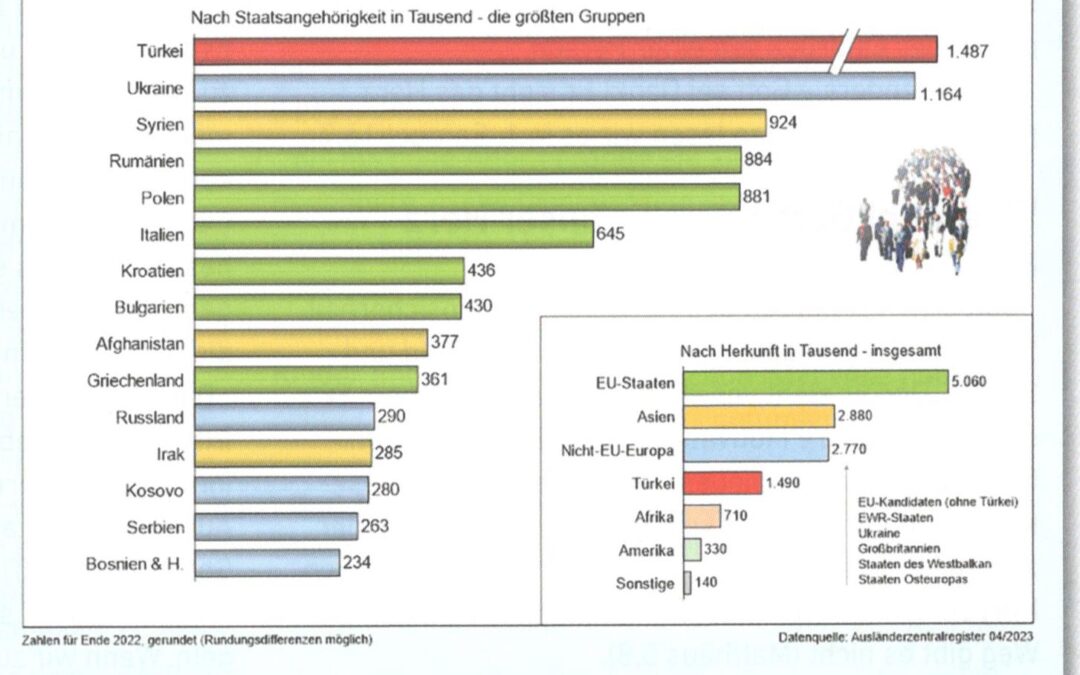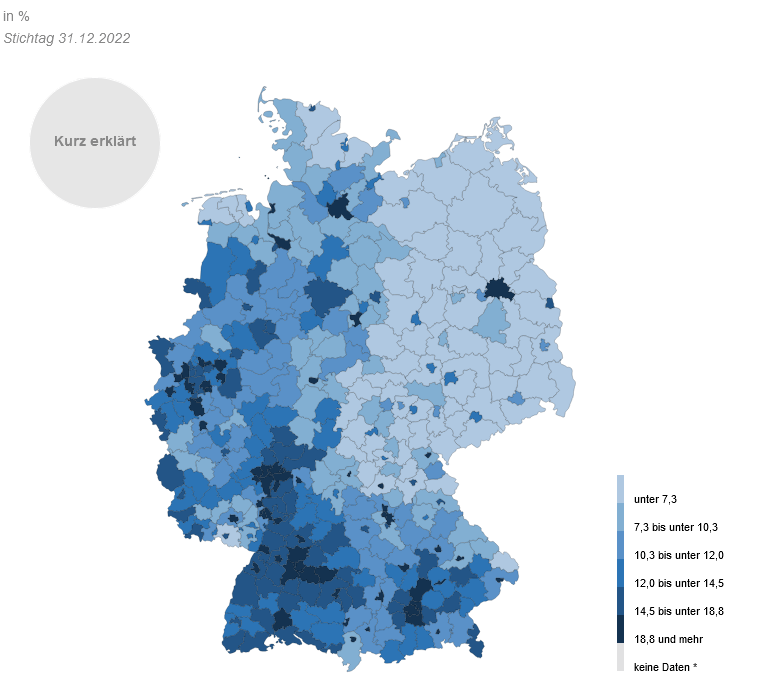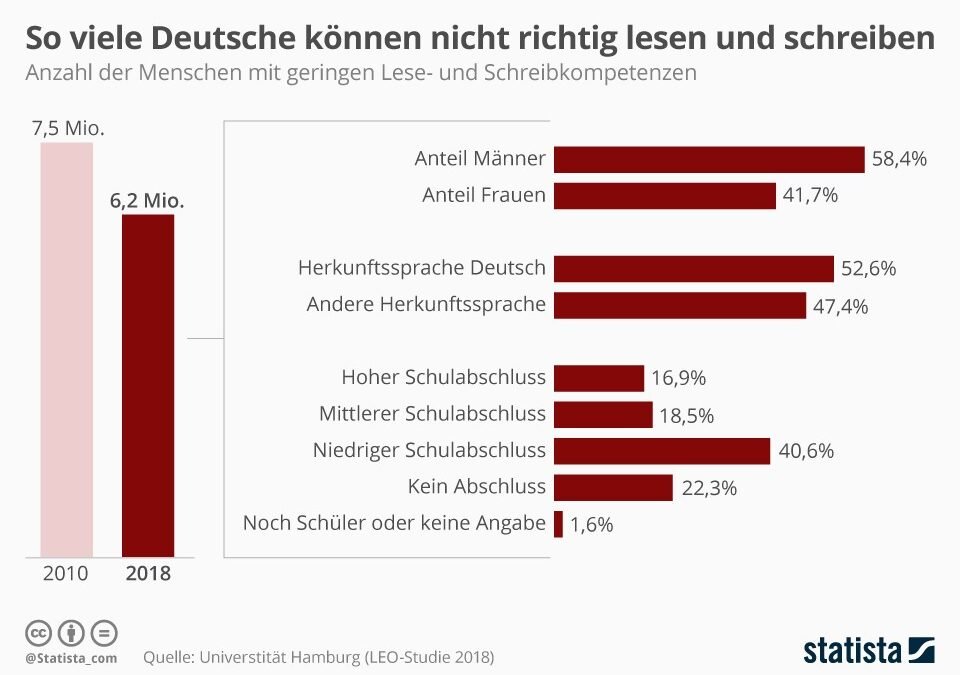During my training sessions, the participants always develop a story set for their particular context. These story sets are always a personal highlight for me, because I am often very richly gifted and discover many new treasures in God's Word. A story set consists of 4-10 stories, which are either told one after the other or build on each other visit after visit. parents once suggested the following set:
Stories for children about how God meets children
God talks to Samuel 1 Samuel 3:1-19
David's election as king 1 Samuel 16:1-13
Naaman of Syria in Elisha 2 Kings 5:1-15, possible lid: The young girl in captivity or slavery had such great faith
Miracle for a woman and a daughter Luke 8:40-53
Who is Jesus? Matthew 14:14-33 With small additions from John 6:1-13; possible lid: Jesus uses the gift of a perhaps twelve-year-old to feed many people and he himself is also fed.
The authority of Jesus Mark 9:2-29; possible lid: a boy burdened by demons is set free
Jesus and the children Luke 18:15-17
The work of Jesus' friends Acts 16:12-40;17:1 possible cover: a young girl burdened by demons is set free
I tell many of these stories over and over again. The following story moves me the most:
Naaman of Syria with Elisha 2 Kings 5:1-15
There was Naaman, the commander-in-chief of the Syrian king's army. He had led his troops to many glorious victories. He was a great hero, even in the eyes of the king, but he was a leper. The Syrians had invaded the land of the descendants of Abraham, and among their captives was a little girl who had been given to Naaman's wife as a maid. One day the little girl said to her mistress, "I wish my master would go to the prophet in the land of the descendants of Abraham. He would cure him of his leprosy!" Naaman told the king what the little girl had said. "Go to the prophet," said the king. "I will send you a letter of recommendation that you can deliver to the king of the descendants of Abraham." Naaman set off, bringing gifts with him: 20,000 euros in silver, 60,000 euros in gold and ten robes. The letter to the king of the descendents of Abraham said: "The man who brings this letter is my servant Naaman; I want you to cure him of his leprosy." When the king of Abraham's descendants read the letter, he tore his clothes and said, "This man is sending me a leper to cure him. Am I God, that I can kill and give life? He's just looking for an excuse to attack us again." But when the prophet Elisha heard of the king of the descendents of Abraham's distress, he sent him this message: "Why are you so angry? Send Naaman to me and he will find out that there is a true prophet of God here among the descendants of Abraham." So Naaman came with his horses and chariots and stood at the door of Elisha's house. Elisha sent a messenger to tell him to wash in the Jordan seven times and he would be cured of all traces of his leprosy! But Naaman was furious and went away." Look," he said, "I thought he would at least come out and talk to me! I expected him to run his hand over the leprosy and call on the name of the Lord his God and heal me! Aren't the rivers in Syria better than all the rivers here among the descendants of Abraham put together? If I need rivers, I'll wash myself at home and get rid of my leprosy". So he left in a rage. But his servants tried to reason with him, saying, "If the prophet had told you to do something great, wouldn't you have done it? You should obey him when he says, 'Go and wash and you will be healed'." So Naaman went down to the Jordan and immersed himself seven times, as the prophet had told him. And his flesh became like that of a little child, and he was healed! Then he and his whole group returned to the Prophet; they stood humbly before him, and Naaman said, "At last I know that there is no God in the whole world except among the descendants of Abraham."
I am deeply moved by how this slave girl had the courage to say: "I wish my master would go to the prophet in the land of the descendants of Abraham. He would cure him of his leprosy!"
In future blog posts, I will also present a story set from time to time. You can find all the material in my handbook "Stories and Oral Bibles" under https://www.fivefingerfood.org/en_us/download/. As my handbook continues to grow, I can only give the current page page 231, but this will change. Otherwise look in the table of contents under "Stories for children, how God meets children". The photo is from https://www.freebibleimages.org, a free super resource for Bible photos or drawings.







Recent Comments